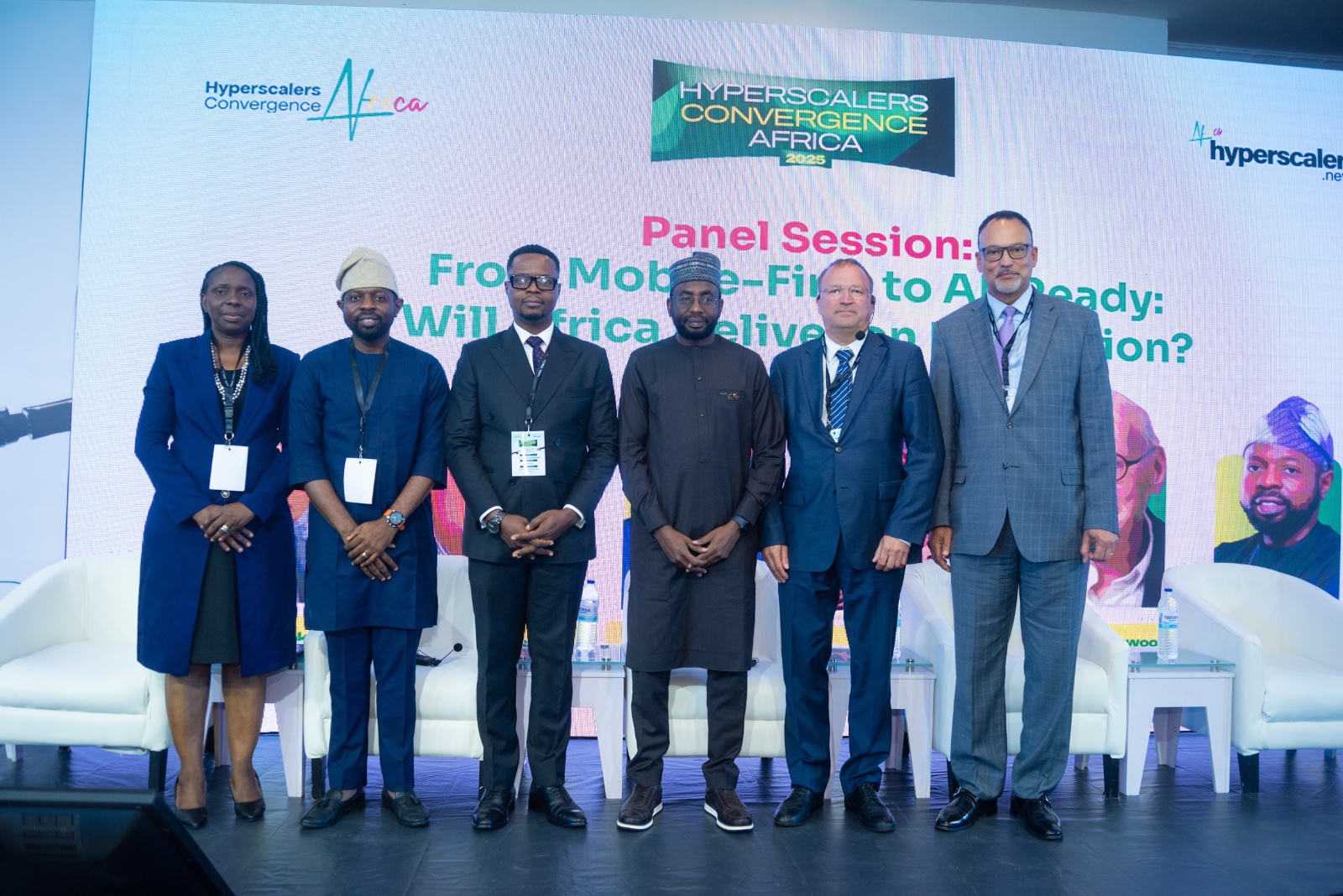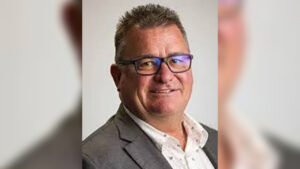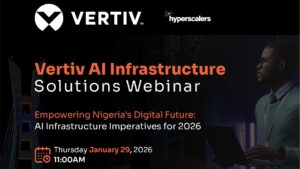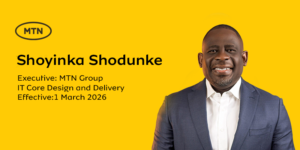Africa’s next technology surge will be measured in data, compute, and skills – not SIM cards, stressed a high-level panel at Hyperscalers Convergence Africa 2025, asking whether the continent can pivot from mobile-first success to AI-ready execution fast enough to matter. Moderated by Ayotunde Coker, Chief Executive Officer, Open Access Data Centres, the session featured Eero Toivainen, Trade Counselor (West Africa) at Business Finland; Dr. Kashifu Inuwa Abdullahi, Director General, National Information Technology Development Agency; Bukola Ajayi, General Manager, Architecture and Enterprise IT, MTN Nigeria; Russell Southwood, CEO, Balancing Act; and Olusegun Maleghemi, Chief Technical and Innovation Officer, Ouranos Technology. The discussion cut across policy, infrastructure, and enterprise adoption. Coker argued that Africa’s wins are still undercounted in global narratives and said the continent must control its own story at an AI inflection point created by hyper-connectivity, exploding data, and expanding compute.
Eero Toivainen, Trade Counselor (West Africa) at Business Finland, called Africa’s digitally native population a structural advantage, especially in education and health. “AI in education must be scalable: teach thousands for a fraction of the cost of traditional classrooms,” he said, noting Finland deploys roughly €600 million a year in innovation funding and is seeking African partners. “One of my tasks here is to identify research institutes or universities that would like to develop quantum computing or build supercomputing… we are willing to share our know-how.”
From the policy seat, Dr. Kashifu Inuwa Abdullahi, Director-General of NITDA, framed Africa’s greenfield status as an edge. With less than 1% of global AI infrastructure, the continent is not locked into legacy systems. “Africa can leapfrog legacy infrastructure the same way it leapfrogged mobile technology,” he said, pointing to Nigeria’s 3MTT program as one of the world’s largest talent accelerators.
Several speakers said roadmaps and data remain gaps. Russell Southwood, CEO of Balancing Act, argued that deployments are fragmented and lack a clear continental strategy. Pilots cluster around customer care and efficiency, but scale is rare. “Without African content in LLMs, AI will not reflect our realities or create local value,” he warned. Olusegun Maleghemi, Chief Technical and Innovation Officer at Ouranos Technology, said Nigeria’s subsea capacity and growing data-center footprint are undermonetized — utilization is about 6% – because local datasets are thin and funding for AI compute is scarce. “We’re making traction, but building AI models unique to Africa requires local data collection and infrastructure,” he said.
Enterprises are moving regardless. At MTN Nigeria, Bukola Ajayi, General Manager for Architecture and Enterprise IT, said AI has become “an intelligent layer” across operations. “AI is becoming an intelligent layer, shaping both customer service and product personalization,” she said. MTN is piloting transactional bots that execute end-to-end requests, alongside predictive and sentiment models for proactive care and network optimization.
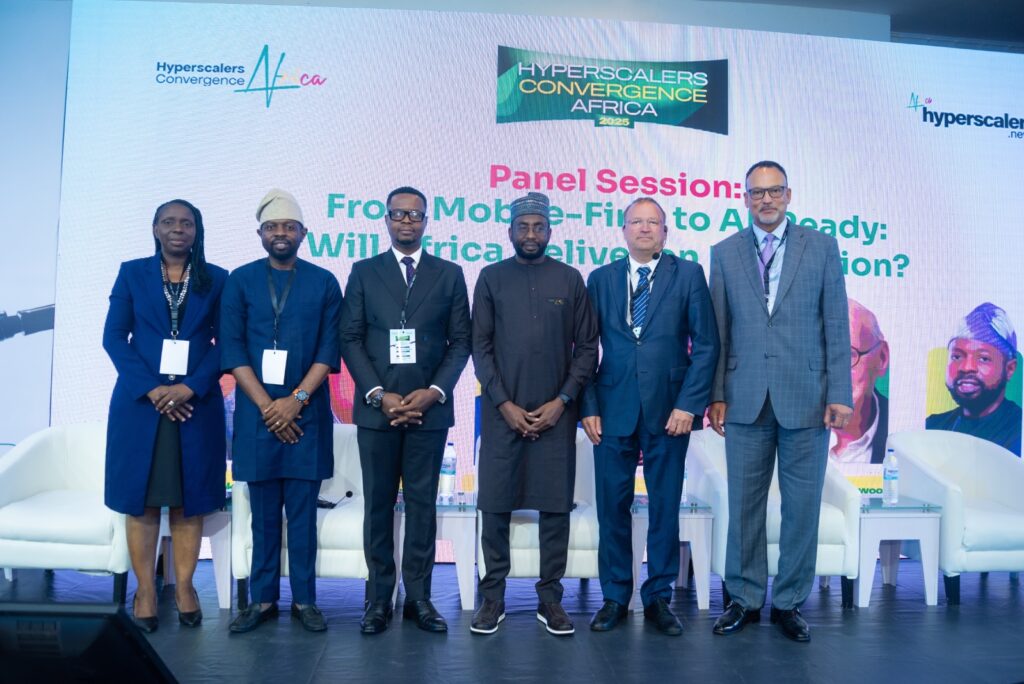
Speakers pressed for policy, pipes, and partnerships to converge. Toivainen urged countries to anchor AI on digital public infrastructure, citing Finnish and Estonian playbooks. Abdullahi highlighted Nigeria’s PPP policy and Project Bridge – a blended-finance plan for 90,000 kilometers of fiber – while pushing intentional data capture and local talent to curb bias in imported models.
The panel outlined immediate priorities: define practical AI roadmaps, expand data-center capacity and skills, retain data, infrastructure, and talent locally, focus deployments on agriculture, health, and education, open supercomputing access through international partnerships, and collaborate across borders to build capacity for digital self-determination. Coker closed on execution risk: “Agility for existential survival will determine who thrives in Africa’s AI revolution.” The consensus: Africa has the ingredients – youthful demographics, greenfield infrastructure, and real-world problems AI can solve. The test now is whether governments, operators, and investors can align policy, finance, and localized data to turn promise into production.
The Hyperscalers Convergence Africa 2025 was convened by Africa Hyperscalers and sponsored by Nokia, Open Access Data Centres (OADC), IHS Towers, Vertiv, Equinix, and the National Information Technology Development Agency (NITDA).
Ready to dive deeper into the hyperscale revolution impacting Africa?
READ MORE HERE: www.africa.hyperscalers.news
Contact Us:
Email: projects@hyperscalers.newsPhone: +2348109003350
Follow us on Social Media: Instagram, Facebook, LinkedIn, x


